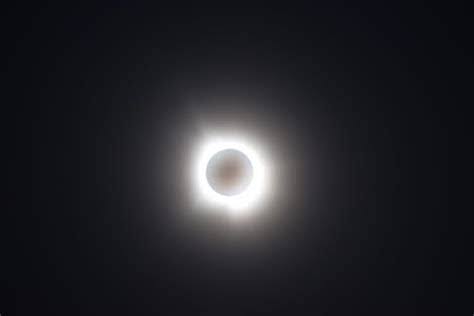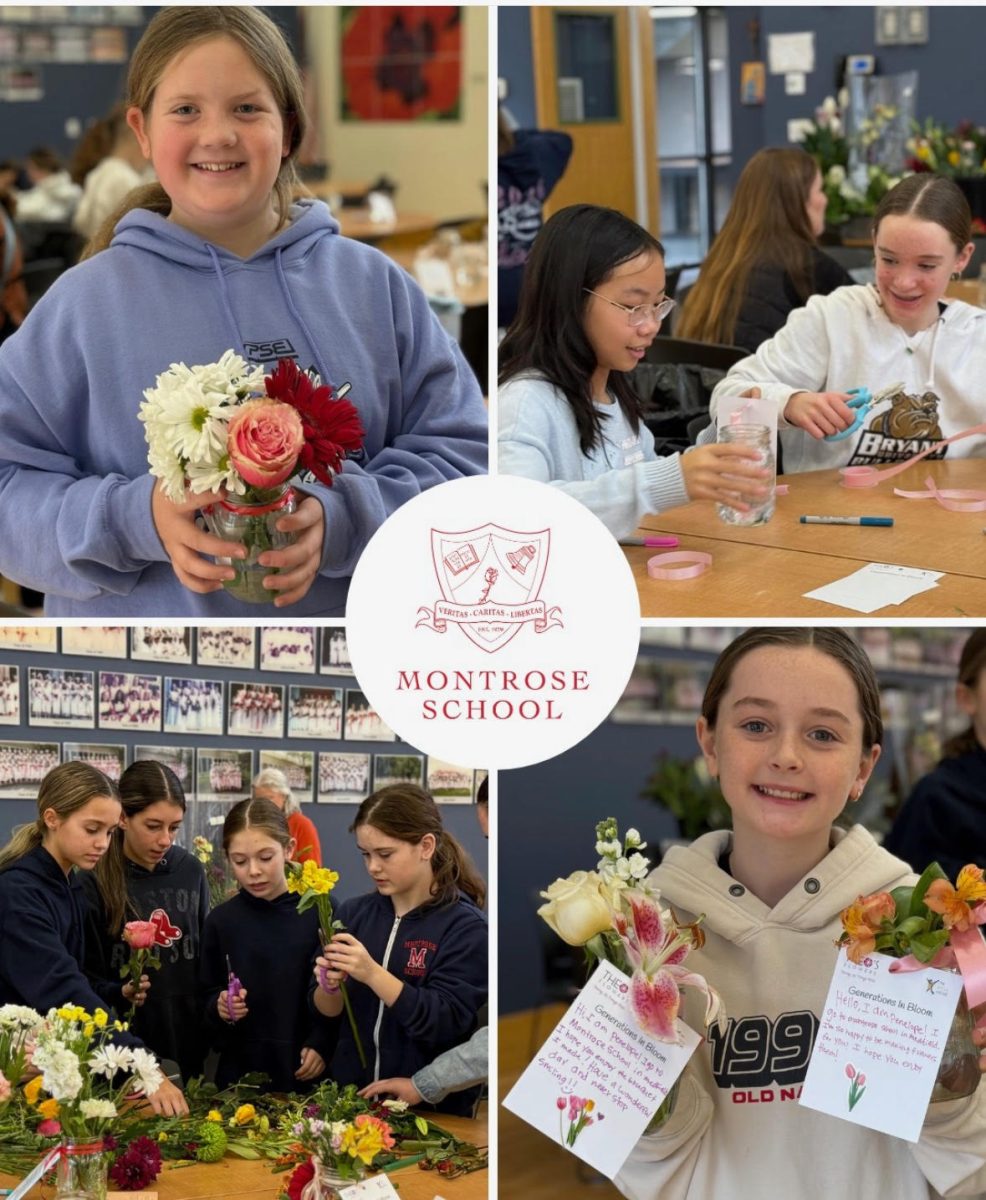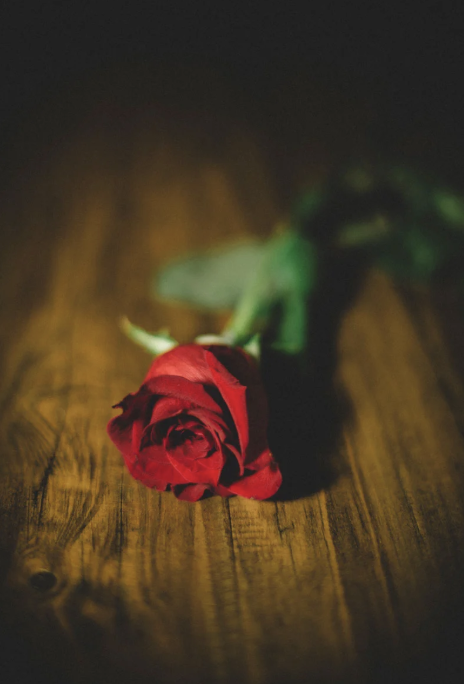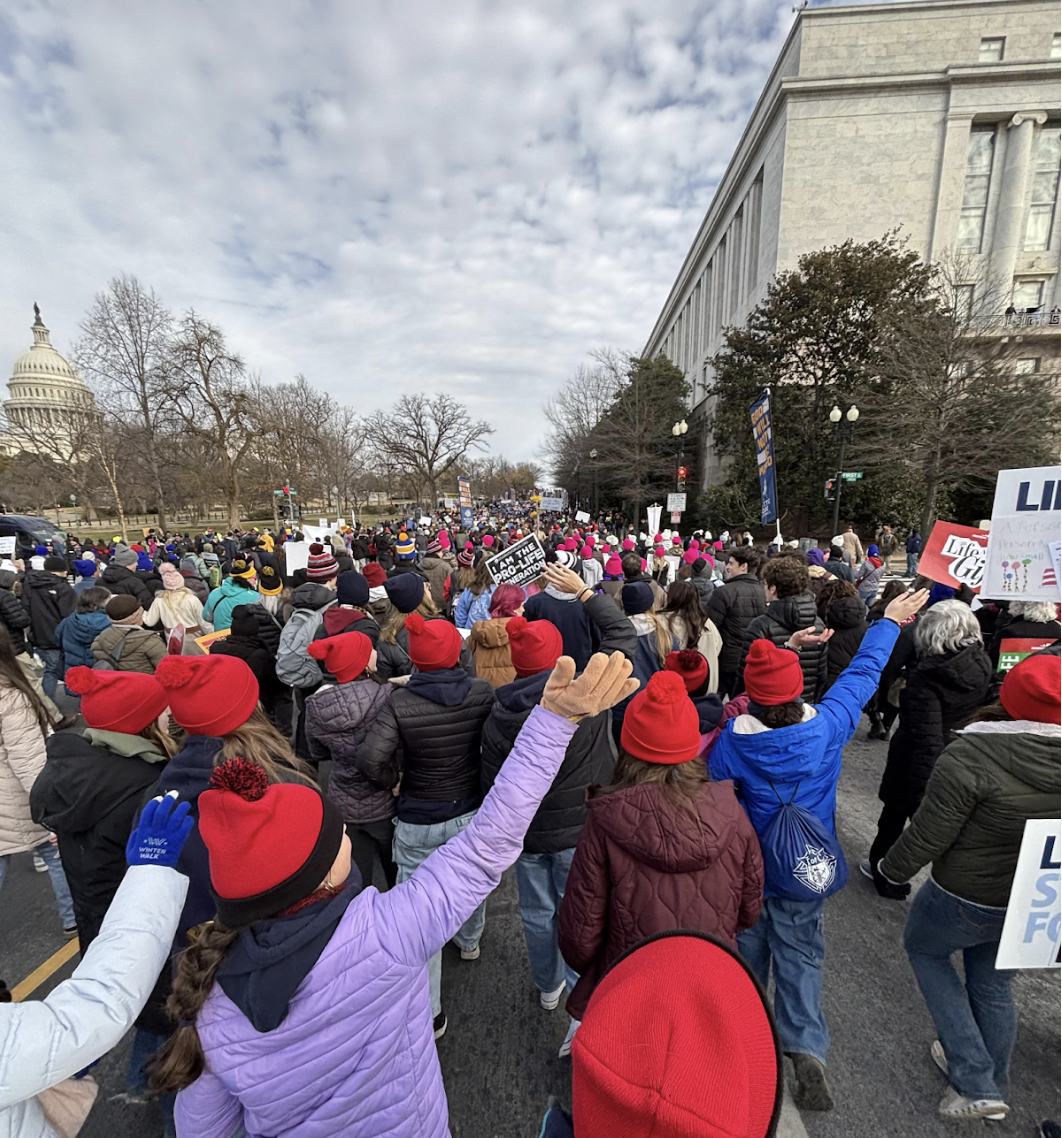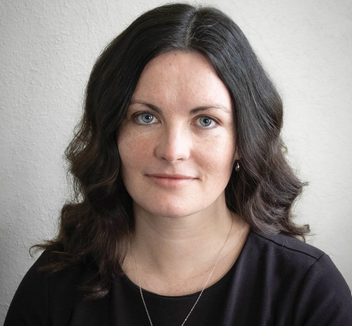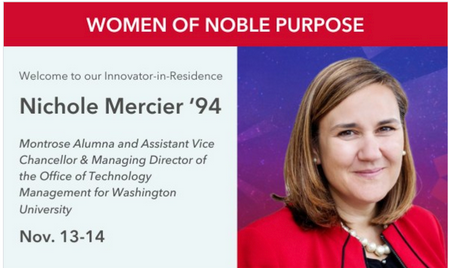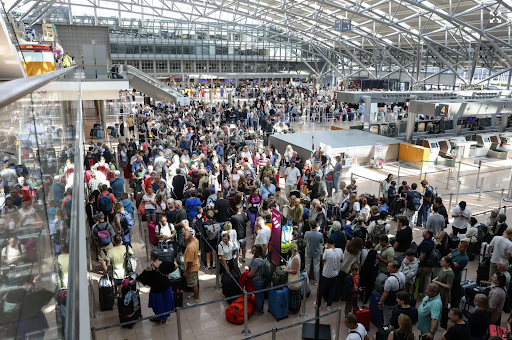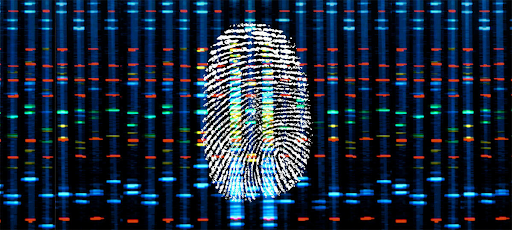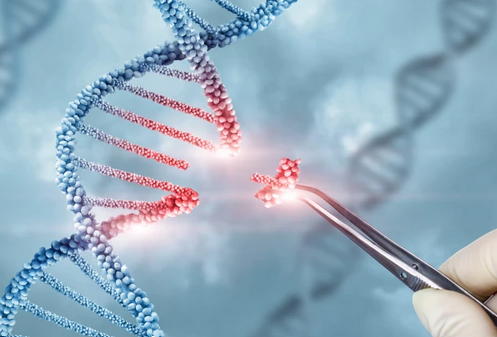Two Mondays ago, on April 8th, we all saw a partial solar eclipse, in which the moon was covering about 92% of the sun! But in watching the solar eclipse, questions arise, one being why can we not look into the sun and two being why people do look into the sun even knowing the dangers it causes. These are the two looming questions that most people get while watching the two celestial bodies turn into a black hole with a corona of the sun’s flares. Even though many people know the minimum extent of the dangers that could be caused by the solar eclipse to one’s eyes it is, according to Mrs. Wanner: “Pure curiosity and human tendency to look into the sun during a solar eclipse, because they want to know what’s going on. And in this the thought of safety is pushed back for fear of missing out.” This may be the reason that some people still manage to, even with the proper protection and precautions, hurt their eyes.
Another reason that people may tend to look into the sun during an eclipse is, according to Ralph Chou, a professor emeritus at the School of Optometry & Vision Science at the University of Waterloo in Canada: “when it comes to looking at a partially eclipsed sun is that you are trying to see something that you know is going on that’s different, and willpower is an amazing thing to override an aversion reflex.” This goes back to Mrs. Wanner who says that people tend to look at the sun because they know something majestical is going to happen and they want to see it, so safety becomes an afterthought. But what exactly happens when you look into the sun during the solar eclipse? How can it damage your eyes and how severely can it hurt them?
While talking with Mrs. Wanner on the topic, she mentioned that: “It’s due to the radiation of the sun and because your eyes are like a magnifying glass; it tunnels in the vision focusing it onto one spot.” This spot, sadly happens to be the retina, the part of your eye that allows you to see. When your retina gets damaged, it doesn’t show the effects immediately but tends to show it after a day. In the words of Professor Chou from the University of Waterloo in Canada: “Let’s say you take a look at the sun in the afternoon. The cells get overloaded, and they’re actually still able to function for a little while, but overnight while you’re asleep … the cells start to lose their function, and then they even start to die depending on exactly how badly they’ve been affected.” The effects of the solar eclipse are that the next morning your vision gets blurry and you won’t be able to see words on a page. In some extreme cases, you can be pronounced legally blind if you do end up looking at the sun for a tab bit too long by an eye doctor. Thankfully, there are glasses which are covered by mylar and aluminum foil, which helps them block out 99.9% of all light and give you the ability to only see the sun.
By Tvesha Patel ‘27, Photography Editor

